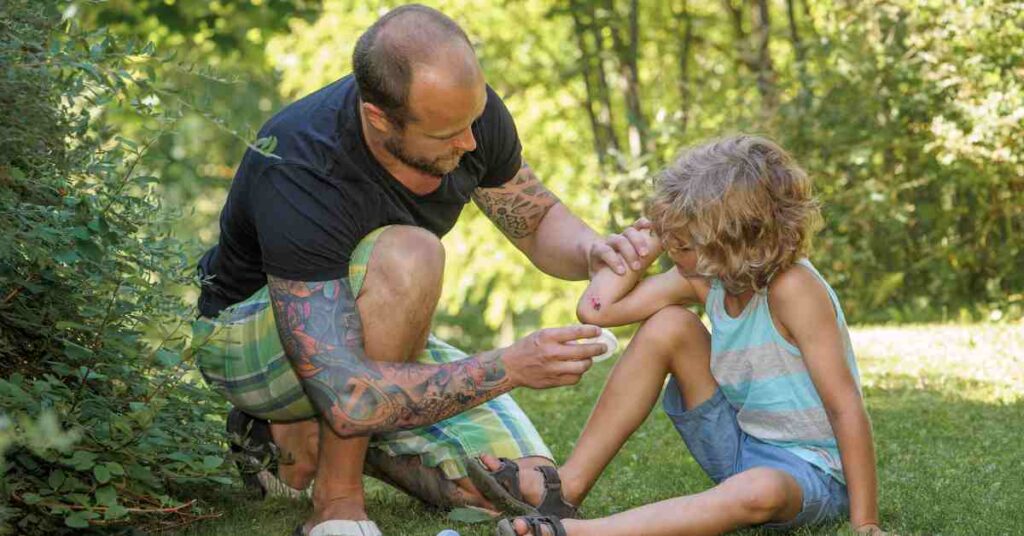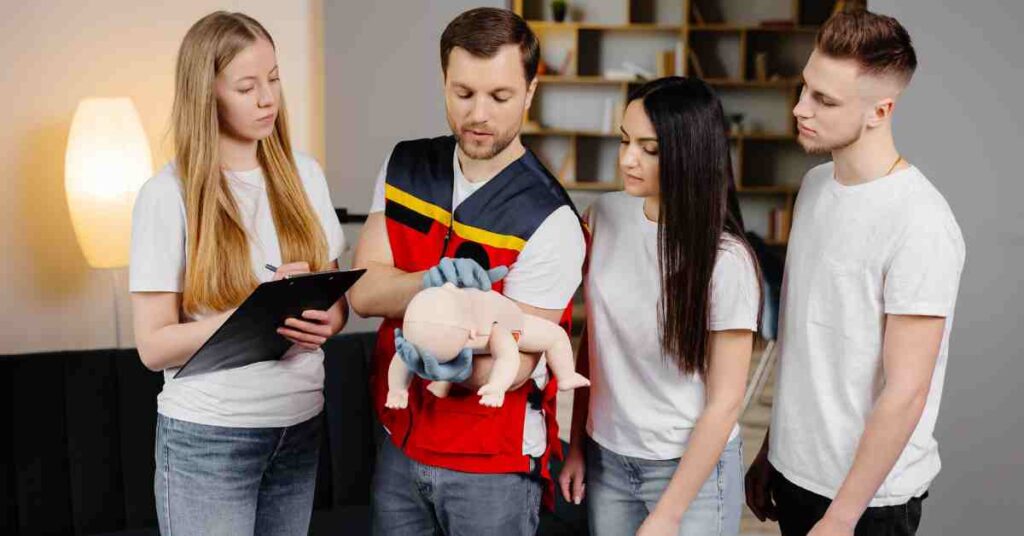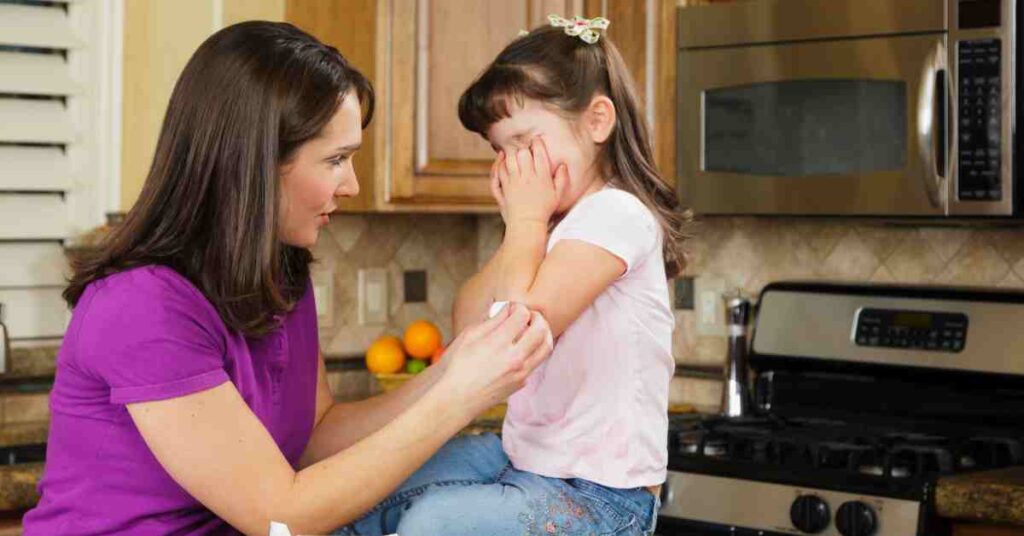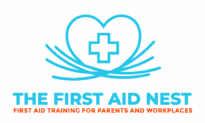Why Every Parent Should Learn Baby and Child First Aid

Looking after a baby or child can be exciting, but it also means being prepared for accidents. Babies and young kids are still learning about the world, and they don’t always understand danger. They put things in their mouths, fall over, and sometimes get sick very quickly.
If something bad happens—like choking, a burn, or a bad fall—knowing first aid can help parents stay calm and act fast. First aid skills can save a child’s life while waiting for help to arrive.
Here’s why every parent should learn first aid for babies and children.
1. Babies and Kids Have More Accidents
Babies and toddlers love to explore, but that also means they get into trouble! Some common emergencies include:
- Choking – Babies put everything in their mouths, including food and small objects.
- Burns – A hot cup of tea or bathwater can burn a baby’s skin in seconds.
- Falls – Kids learning to walk fall over a lot, sometimes hitting their heads.

In Australia, thousands of children go to the hospital every year because of accidents at home. Knowing first aid helps parents act quickly and keep their child safe.
2. Quick First Aid Can Save a Life
Some emergencies need immediate action before an ambulance arrives. Parents trained in first aid can:
✅ Help a choking baby by using back blows and chest thrusts.
✅ Do CPR if a child isn’t breathing.
✅ Cool a burn the right way to stop more damage.
The faster a parent reacts, the better the chances of their child recovering.
3. First Aid Helps Parents Stay Calm
When something scary happens, it’s easy to panic. But first aid training helps parents know exactly what to do.
For example:
- If a child chokes, a trained parent knows not to put their fingers in the child’s mouth, but instead gives back blows.
- If a baby falls and hits their head, a parent knows to watch for signs of a concussion like vomiting or drowsiness.
Knowing what to do in an emergency helps parents stay calm and take action.
4. First Aid Stops Small Injuries from Getting Worse
If a small injury is treated the wrong way, it can turn into a big problem. First aid training teaches parents the correct way to handle injuries so kids heal faster.

For example:
- A burn should be cooled under running water for 20 minutes, not covered with ice.
- A cut should be cleaned and covered to stop infection.
- A severe allergic reaction needs immediate medical help.
These simple steps can prevent serious health problems later on.
5. First Aid is Useful Everywhere
First aid isn’t just for home—it’s helpful in parks, schools, and playdates. A parent with first aid training can:
- Help their own child in an emergency.
- Assist another child who gets hurt in public.
- Teach older siblings what to do in an emergency.
These skills last a lifetime and can protect not just one child, but many.
Want more? We’ve got you covered…
Our Baby First Aid Courses
💻 Learn Baby & Child First Aid Online – Anytime, Anywhere
At The First Aid Nest, we make it easy for busy parents to learn life-saving skills from the comfort of home.
Our online baby first aid courses are designed by a children’s nurse and allergy specialist, focusing on the things parents worry about most:
✅ Choking prevention & first aid
✅ Introducing common allergy foods safely
✅ Recognising allergic reactions
✅ CPR and emergency response for babies & children
✅ Weaning tips and food safety
📱 Learn in your own time, at your own pace – all from your mobile, tablet or laptop.
Our First Aid Certificate Courses
We run most of the popular first aid courses Australia wide. HLTAID011 Provide First Aid, HLTAID009 Provide CPR, HLTAID012 Provide First Aid in an Education & Care Setting, Mental Health first aid and CPR/LVR to name a few.
Book your public spot online or contact us if you have a group of 5+ people for onsite training.
Here are some other resources you may enjoy!
FREE GUIDE: Bite-Size Safety Choking Prevention Quiz
FREE GUIDE: Essential Weaning Bundle
FREE Workplace Emergency Preparedness Plan: Grab this at the bottom of every page!
Follow for baby & child first aid and allergy info and tips on Instagram & TikTok, all @thenestcpr
